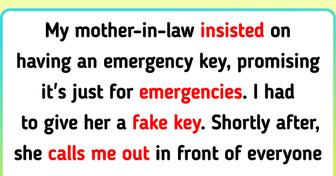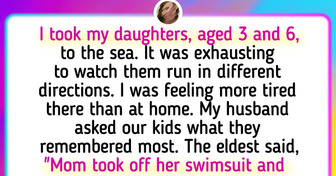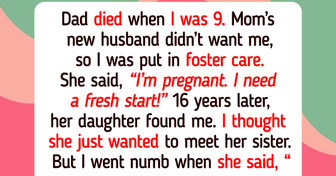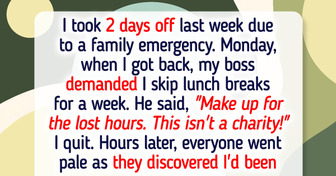12 Relationship Troubles That Exist Today

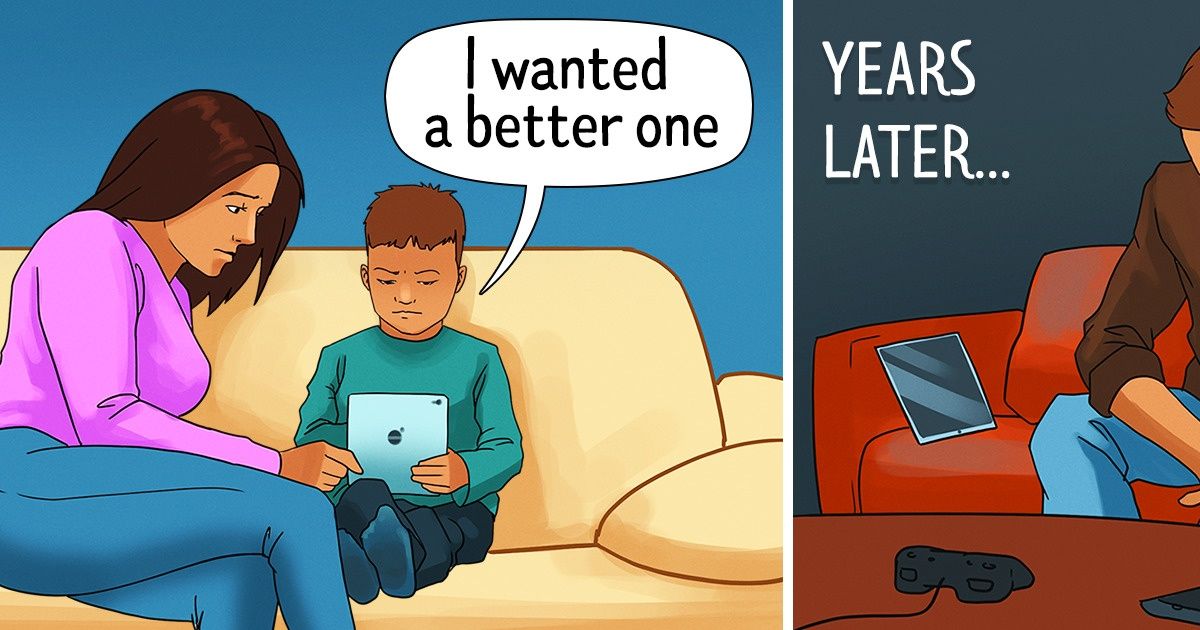
Sometimes it may seem that giving children what they want, how they want it, and when they want it is the easiest thing to do — however, the opposite is true. Even though children may momentarily feel satisfied and it may seem like the problem has been solved, in the long run, this continued behavior will bring a series of consequences that can seriously affect them in their adult life.
Bright Side tells you why you shouldn’t systematically provide your children with everything, as well as the reasons why parents often adopt this habit and the consequences it has for their children.
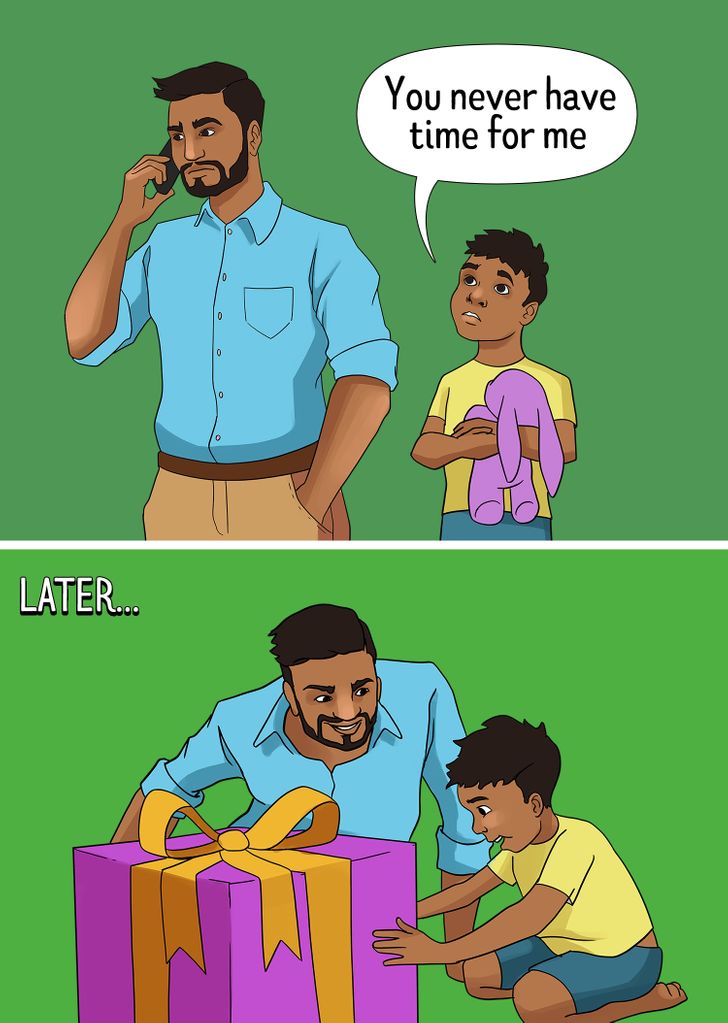
Generally, parents who tend to give their children everything they want, do this for reasons related to guilt and lack of sufficient time to devote to them.
When parents have the sense or feeling that they are not doing well, that they are not doing as good a job as they could be doing as parents, or that they are failing at certain aspects of parenting, guilt sets in. Guilt can become a dangerous companion, guiding us to the wrong side of things and to the wrong choice, instead of showing us the real solution. Guilt arrives to apply a kind of momentary, transitory, and really insufficient patch.
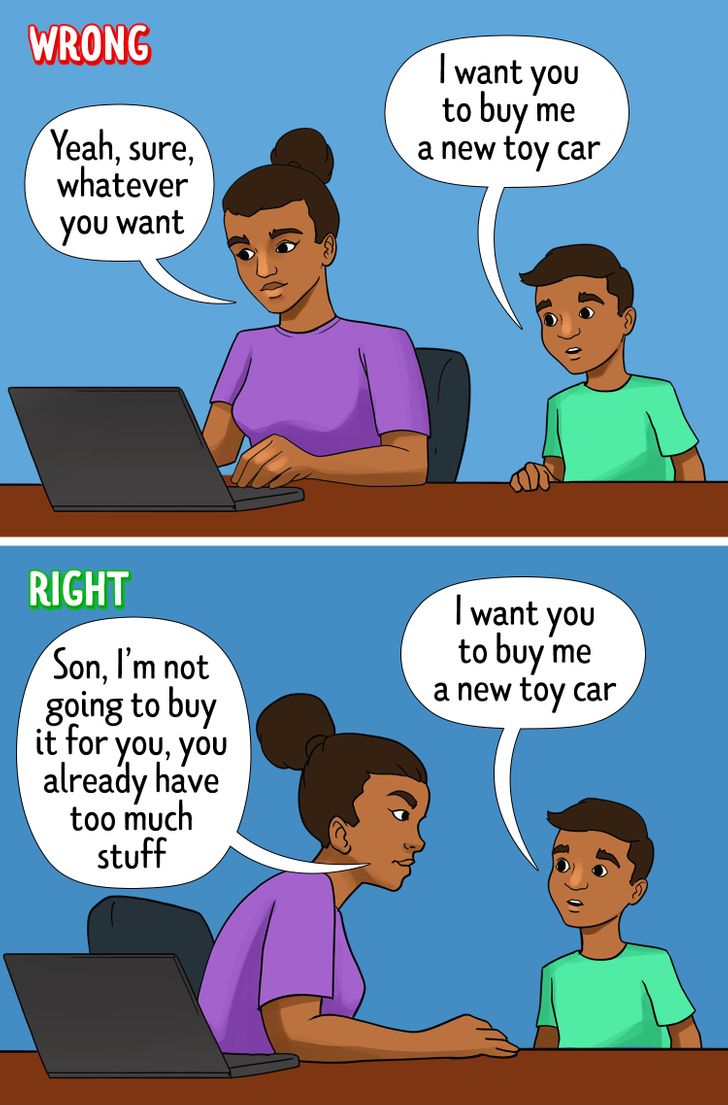
The reasons for guilt can be very diverse, but one of the most common is the absence of time. The certainty that, as parents, you are missing valuable moments with your children, that you are not sharing enough, or that because of a lack of time there is no parent-child connection. However, this way you won’t be able to make amends or compensate for what’s lacking. You won’t actually be doing them any good, but on the contrary, you will be seriously harming them in the present and in the future.
The consequences of making everything easy for our children (or giving them everything they want) are diverse but important and can be seen both in the short and long term.

When children get everything they want just by asking for it, they don’t understand the meaning of the word “no.” When children are told “no,” they may get frustrated for not getting what they want, but they understand that they can’t have everything they want at a moment’s notice, that sometimes they will be told no, and so they will begin to learn to deal with frustration, to handle it, and to control it.
If they don’t know what frustration means or what it is to get “no” for an answer, in the future, when they grow up and face adult life alone, they won’t know that sometimes there will be doors that close or people who will not be willing to help them — and in those cases, their frustration will multiply.

If at all times, in every situation, and in every case, children receive what they want without any difficulty, they aren’t being taught the importance of effort and work to get what they want. Children learn that just by opening their mouth and saying, “I want,” they will get it, they will internalize this teaching, and will think that it will always be that way. On the other hand, we know that this is not the case, that when they grow up things won’t be so simple.
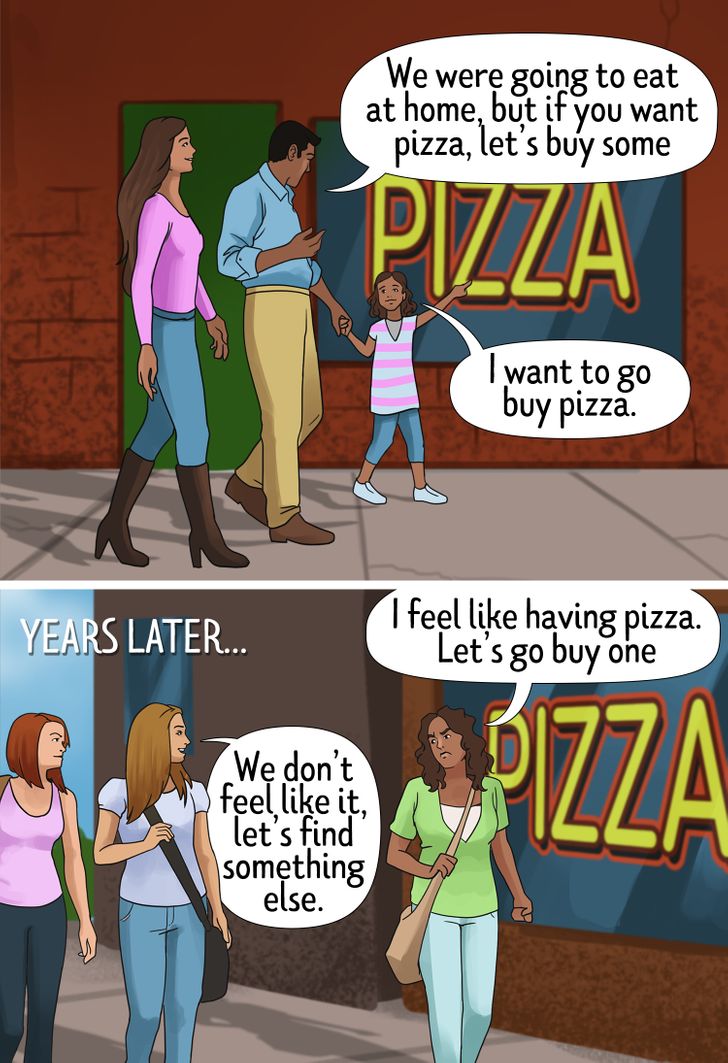
If these little kids want and get everything here and now, then they are not learning the fundamental value of patience and waiting. That is why, when things don’t go as they planned and when they don’t get what they ask for at that very moment, anxiety may appear (with all that it entails) that is caused by impatience, followed by crying episodes, and big tantrums.
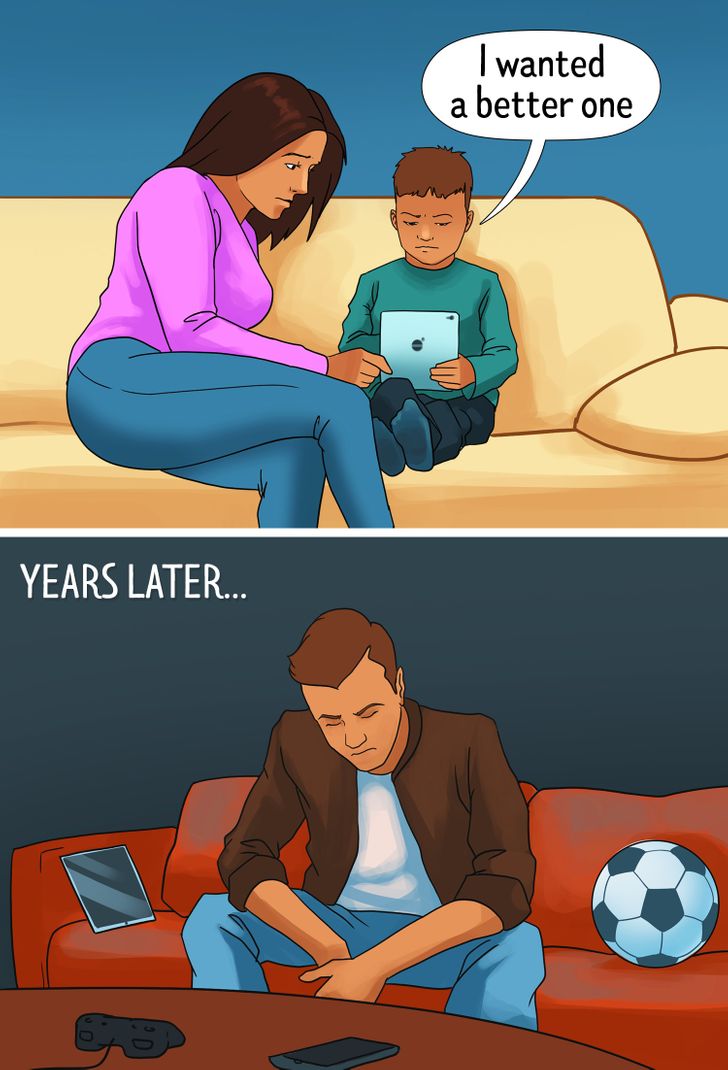
As children grow older, the level of the demands they make will increase and it will become more and more difficult to satisfy their requests and demands. If this happens and the children’s wishes are not satisfied, they’ll experience something unknown to them until then: frustration. The desperation and bewilderment from this (for them) unexpected and incomprehensible moment can lead to aggressive behavior on their part and can transform them into dissatisfied and depressed youngsters.

Children know the frustration and the meaning of being turned down at an early age, but when this does not happen because of the systematic satisfaction of their requests, they become intolerant. When they normally just ask and get, if the opposite happens, they won’t be able to handle their frustration (as they do not understand how to deal with it) and will not tolerate being turned down. They become inflexible.
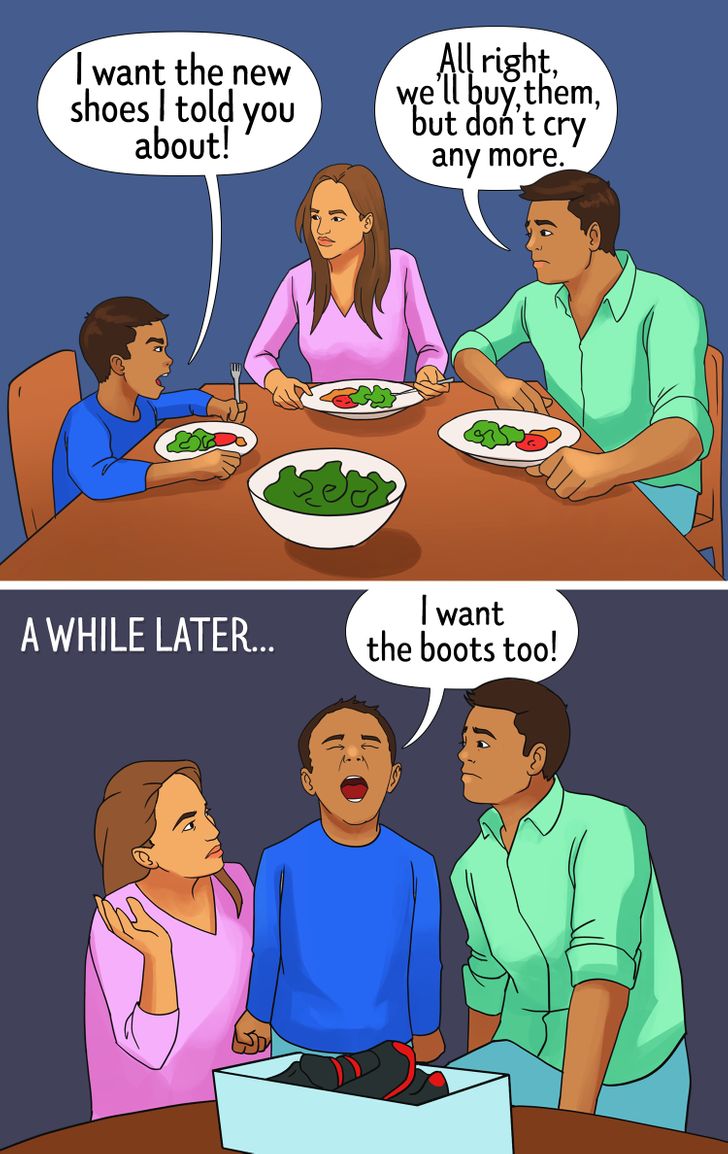
Kids who are used to having everything will never have enough, they will always want more because they know they can get it. Once this habit is ingrained, tantrums will be continuous to get what they want or simply out of dissatisfaction. As they get older and encounter answers that have nothing to do with what they used to get at home, their tantrums will just get bigger and bigger.
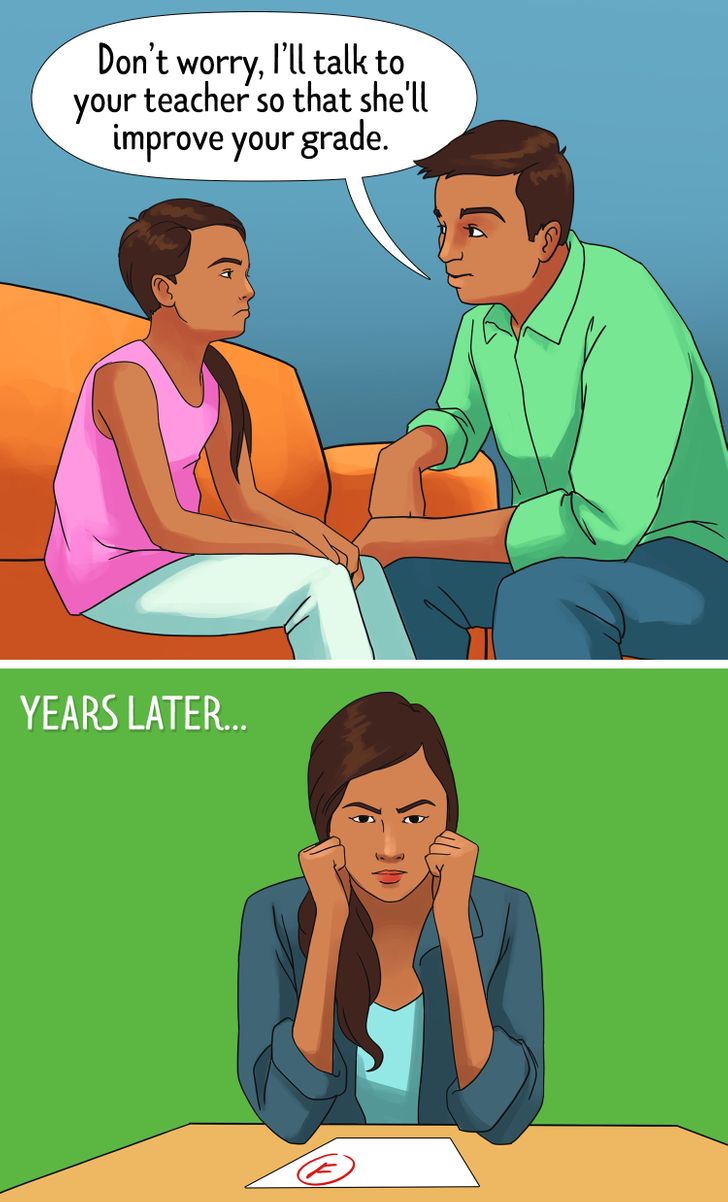
As a result of having complacent parents who provide all possible facilities, children will fail to develop independence and therefore won’t be able to fend for themselves for a multitude of things: they will be dependent on their parents. The children who haven’t learned to make an effort to get what they want or need won’t be self-sufficient.
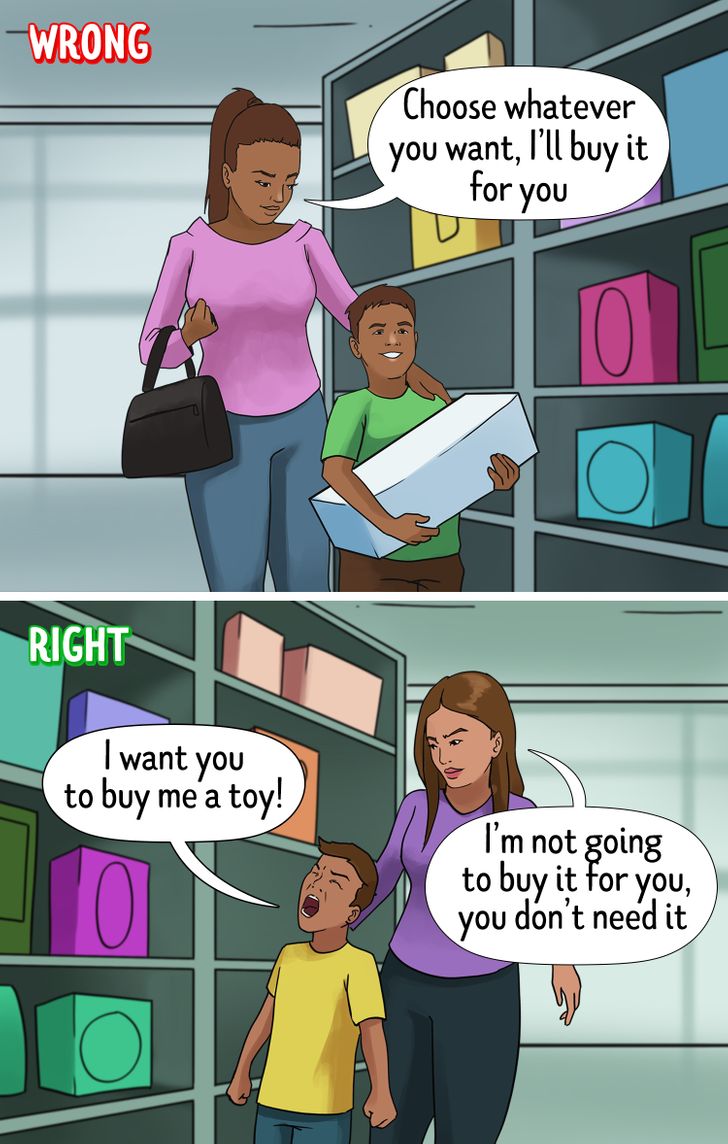
As we have seen, the consequences of facilitating and providing everything to our children result in individuals who do not know how to handle frustration, who don’t have the skill set to put forth the effort to achieve a goal, who have tendencies toward anxiety and depression, and who have an intolerant and dependent personality. If the objective of the parents is to compensate the child for their absence or to silence the feeling of guilt, the result is the total opposite.
Therefore, it is important and essential to learn to say “no” to our children, despite the tantrum that this might cause. At the end of the day, these little ones will be the adults of tomorrow and it is when they are little that their personality is being forged.
At what point have you felt guilty about raising your children? How did you act?





